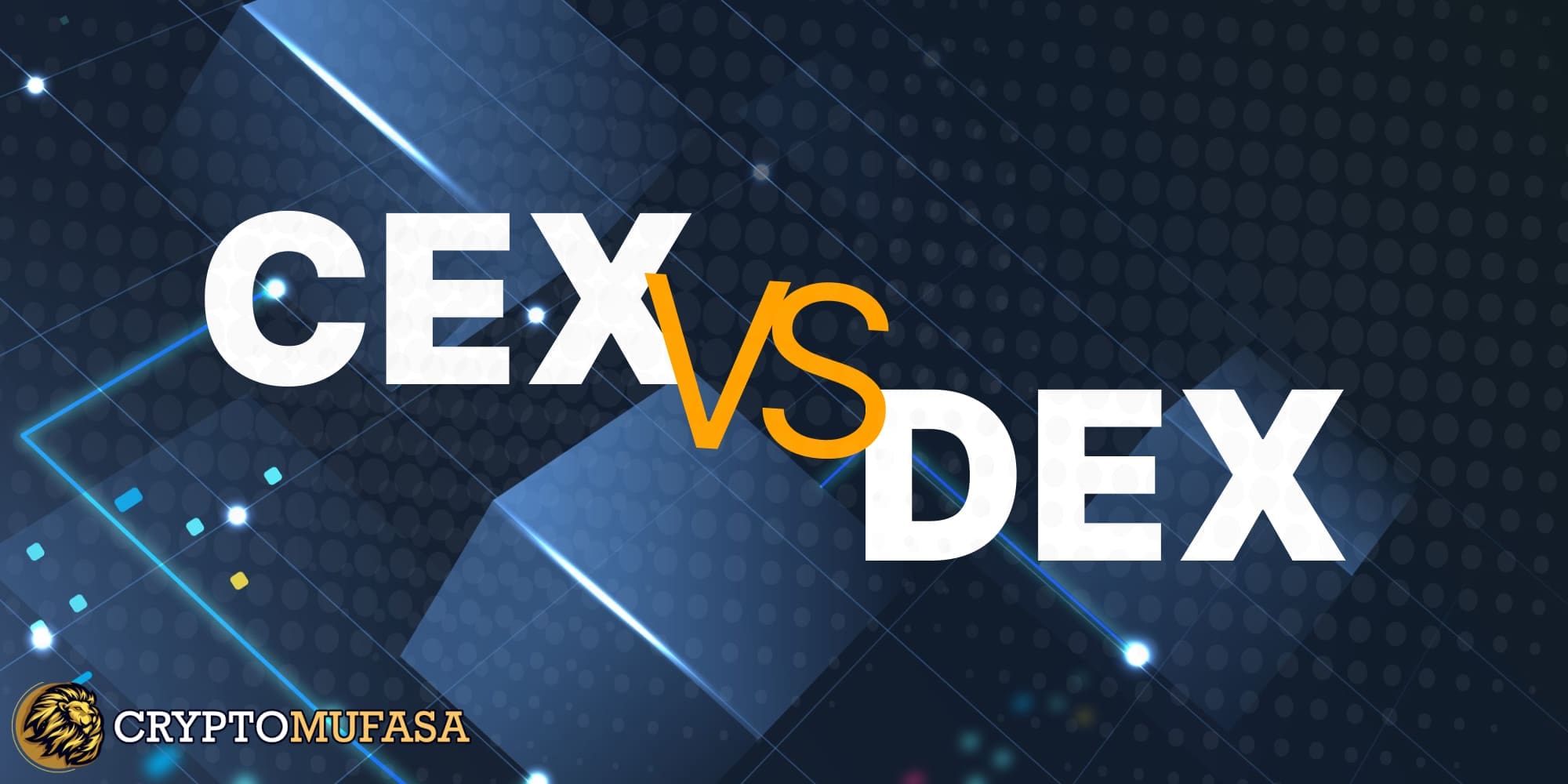Coinbase comes under scrutiny over high listing costs, sparking shift toward decentralized platforms
Rumors of high token listing fees on centralized exchanges (CEXs), particularly Coinbase, have sparked renewed interest in decentralized exchanges (DEXs) as the industry has raised concerns about CEX policies. .
Controversy over suspicion of listing fees
Leading industry figures demanded exorbitant fees. Recently, Tron network founder Justin Sun claimed that Coinbase demanded a total of $330 million in fees to list Tron (TRX). In particular, Sun claims this includes a request for 500 million TRX (about $80 million) and a Bitcoin deposit of $250 million. However, this appears to contradict Coinbase’s public stance of ‘no listing fees’ emphasized by CEO Brian Armstrong. As a result, Coinbase’s high listing fees may warrant further investigation.
Andre Cronje, the founder of Fantom Network, claimed that Coinbase demanded listing fees ranging from $30 million to $300 million. Cronje, known for his long-standing role in decentralized finance and the launch of Fantom, contrasted this with Binance’s policies. Unlike Coinbase, Binance maintains a fee-free listing policy while directing all project donations to charity.
The growing appeal of DEX
The debate over listing fees has sparked interest in DEXs, which provide project autonomy in listing without high costs or regulatory delays. The appeal of DEXs is increasing as investors and projects alike express their dissatisfaction with CEX fee structures. Simon Dedic of Moonrock Capital said that given the transparency and ease of entry offered by DEXs, the current environment could push projects towards decentralized trading alternatives. This change may be due in part to concerns about Coinbase’s high listing fee requirements.
Market analyst Michaël van de Poppe shared similar thoughts, predicting that DEXs could play a larger role as communities grow tired of centralized gatekeeping. According to research by 0XScope, DEX trading volume has increased significantly, exceeding $250 billion in March and June of this year, as more traders avoid platforms with high listing fees such as Coinbase.
CEX vs. DEX: Changing Environment
CEX’s role in shaping the future of cryptocurrency listings is still being scrutinized. By mid-October, DEXs accounted for approximately 13.6% of total trading volume, equivalent to $136 million for every $1 billion traded on CEXs. As preferences change, DEXs can gain momentum, providing a more transparent and cost-effective way for new assets to enter the market. This market development is partly a response to the high listing fees charged by platforms such as Coinbase.
conclusion
As the debate over CEX listing fees continues, decentralized options are quickly becoming a viable alternative. Trading habits are likely to change as major players in the industry come out in support of DEXs and express their dissatisfaction with traditional exchanges. As DEX platforms become more popular and gain market share, the cryptocurrency market may experience significant changes. This change may be accelerated by complaints about Coinbase’s high registration fee policy.

